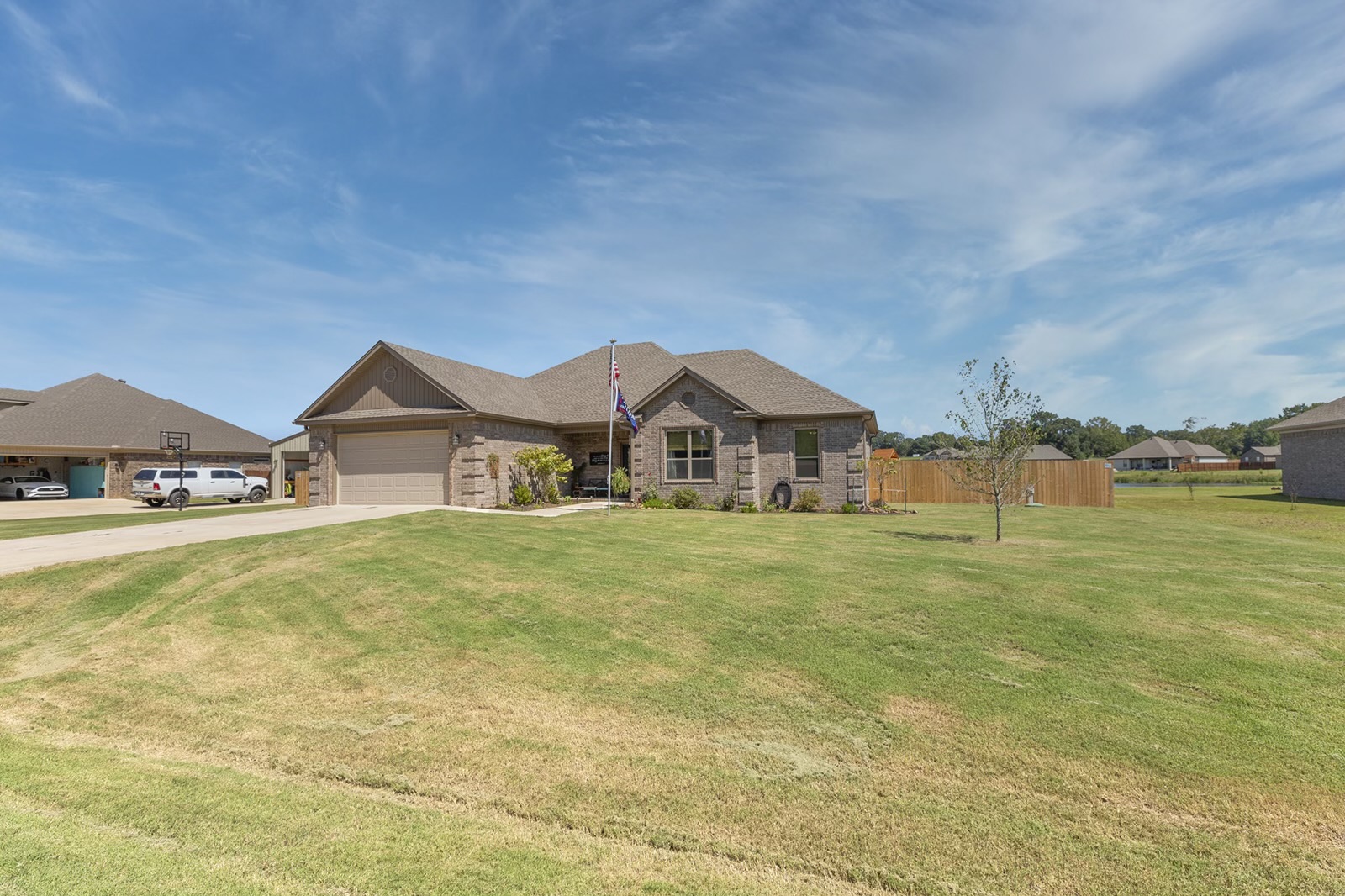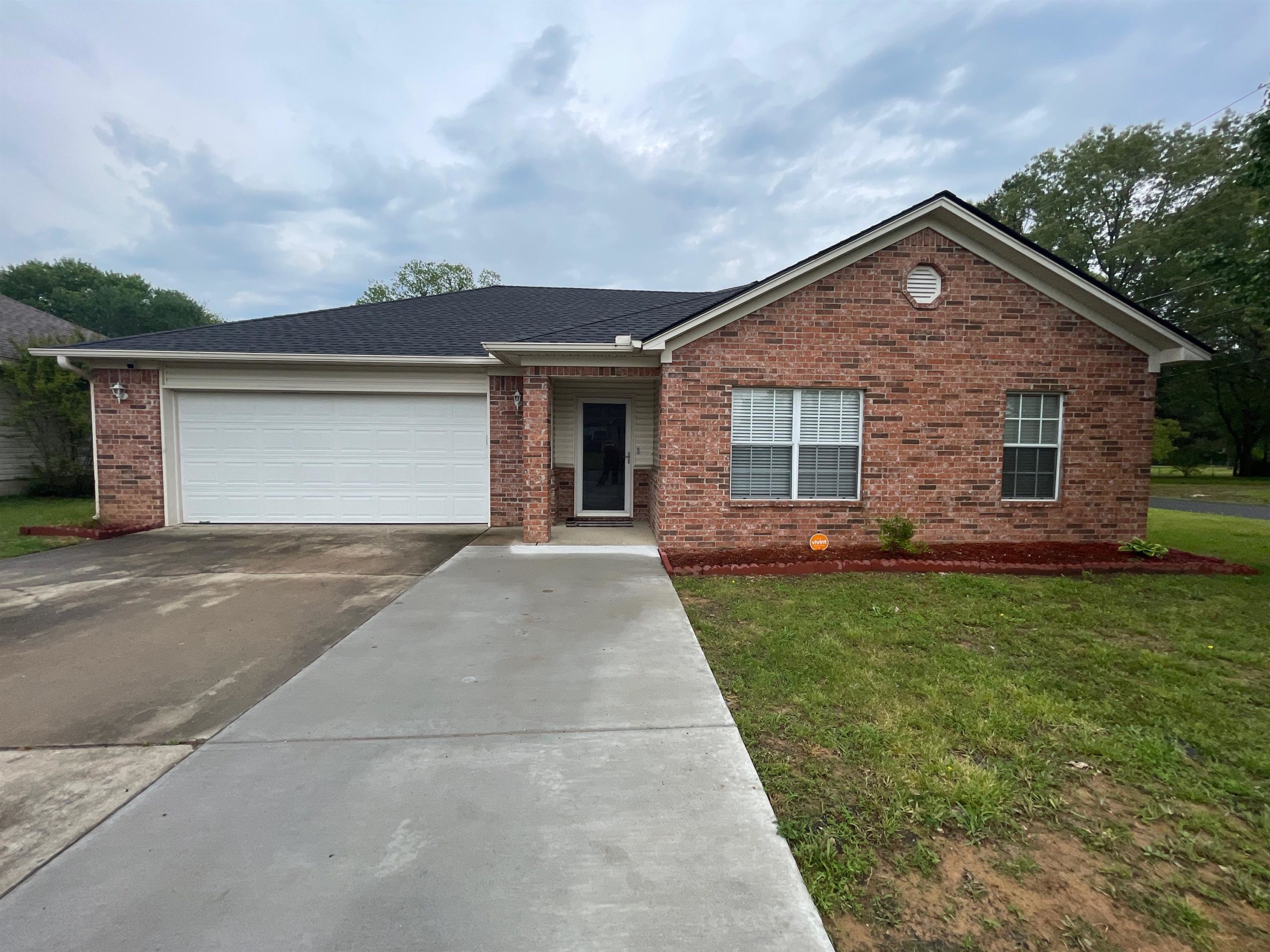Buying a house is such a fun and exciting time, but it’s also one of the biggest financial decisions of your life! Figuring out how much you need for a down payment can be tricky. Essentially, your down payment will differ based on your financial situation, the lender you choose, and the mortgage options you qualify for. In this article, we’ll expand on down payments and how to choose an option that fits your situation.
Down Payments, Defined
Your down payment is the money you pay up front on any type of big purchase. Homes have down payments. This money that you put down is subtracted from the total purchase amount, and you pay the remainder over time through a loan, such as a mortgage. Usually, down payments are a certain percent of the total agreed-upon price of the home.
When you work with a lender to set up a mortgage, they require a down payment. In general, the larger the down payment, the lower your monthly mortgage payment. The only way to buy a home with no money down is if you are eligible for the few no-money-down loan options available through the federal government.
Down Payment Percentage Options
According to the National Association of Realtors, the average down payment for first time home buyers in 2021 was just 7%, and for other home buyers it was 13%. Contrary to common belief, not every lender requires a 20% downpayment. However, there are some benefits to paying more up front.
For example, lenders usually offer a lower interest rate to individuals who offer a larger down payment. Your monthly mortgage payments are also significantly lower the more you can fork out for the down payment. It’s also noteworthy to mention that loans with low down payment requirements often have high monthly and ongoing fees (like Private Mortgage Insurance, or PMI) that you get to skip out on with a higher down payment. Lastly, putting a higher percent down on a home means that you have more equity from day 1!
However, it is totally understandable if you are in a financial position in which you cannot front 20% of the home you intend to buy. There are plenty of friendly mortgage options for down payments of all kinds! Here are some examples…

Conventional Loans and Down Payments
Conventional loans are private loans that are not backed by the federal government. Essentially, lenders who offer these loans have no guaranteed returns if their lend-ees fail to pay them back. Conventional loan lenders can customize their mortgage offerings, so down payment requirements can differ greatly lender to lender. Average down payment requirements for conventional loans range from 3 to 5%, so it’s best to shop around.
Note: Having a credit score about 620 can entice a lender to offer you a lower down payment offering!
FHA Loans and Down Payments
An FHA loan is a federally-backed loan (through the Federal Housing Association). The down payments can be as low as 3.5% if you have a credit score of 580 or higher. If your credit score is lower, this type of loan requires up to 10% down.
VA Loans and Down Payments
VA loans are another federally-backed loan through the Department of Veteran Affairs. These loans do not require a down payment, however, you must meet specific military service requirements to be considered eligible.
USDA Loans and Down Payments
Like VA loans, USDA loans are federally-backed and require no down payments. However, there are specific requirements your home must meet to qualify for this type of loan.

In summary, we can’t tell you exactly how much money you need for a down payment on a home. The answer is different for each person and property. It’s wise to run some numbers with different down payment amounts to assess how they will affect your monthly payments and lifetime payments on the home you intend to buy! Then, you should talk to a few different lenders before locking in a mortgage.
If you’re looking to buy in our area, get in touch with Edge Realty to find the perfect place for you! We’re eager to help and happy to answer any real estate questions you may have. You can contact our team of experts here.
